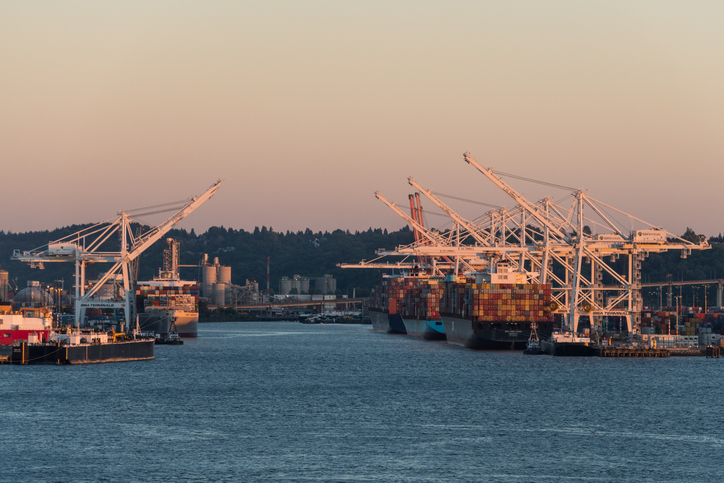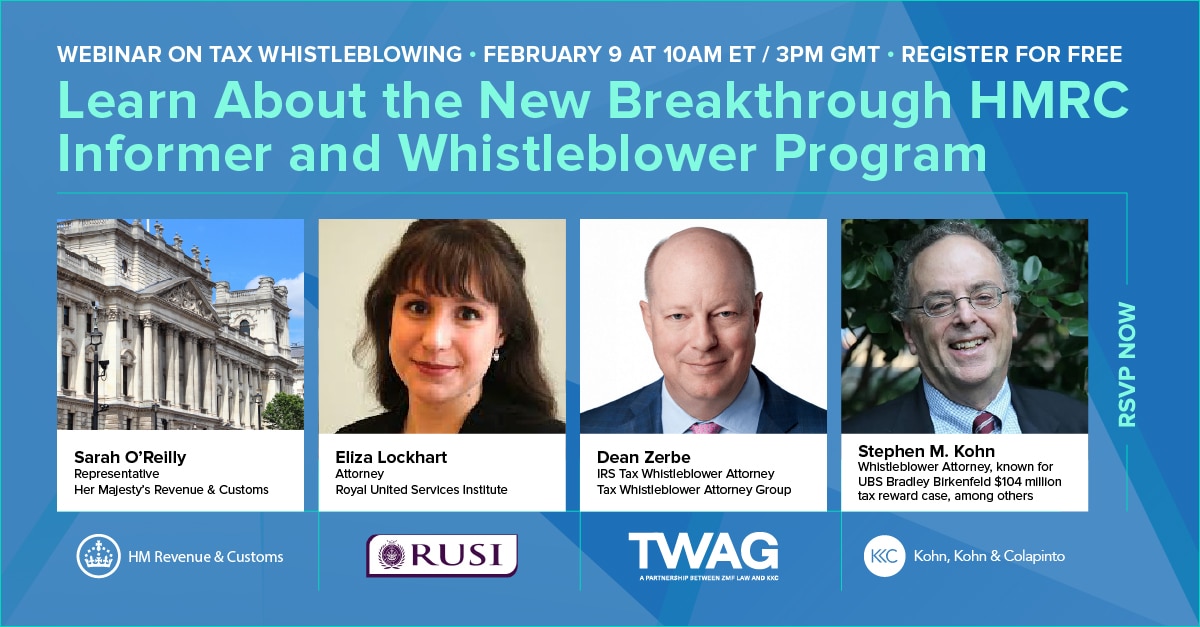Ninth Circuit Ruling Bolsters Ability of Whistleblowers to Combat Customs and Tariff Fraud

On June 23, 2025, the U.S. Court of Appeals for the Ninth Circuit issued a ruling in Island Industries v. Sigma Corporation, a False Claims Act case involving whistleblower allegations of customs duty evasion. The ruling, in favor of the whistleblower, bolsters the ability of whistleblowers to use the False Claims Act to hold companies accountable for committing customs and tariff fraud.
Companies can be liable under the FCA for so-called “reverse” false claims when they knowingly conceal and improperly avoid an obligation to pay or transmit money to the U.S. government. Thus, when an individual or company knowingly evades paying custom duties on goods it knowingly violates the FCA. Under the FCA’s qui tam provisions, a whistleblower may file a suit alleging FCA violations on behalf of the U.S. government and is entitled to a share of the recovery if the suit is successful.
The case stems from a qui tam whistleblower lawsuit filed by Island Industries, a competitor of the defendant, which alleged that Sigma Corporation violated the False Claims Act by evading federal antidumping duties on pipe fittings it imported into the United States.
The Ninth Circuit ruling touched on a number of issues concerning the ability of whistleblowers to leverage the False Claims Act against customs fraud. First, it held that qui tam suits alleging evasion of customs duties can be brought in federal district courts, and are not required to be heard before the Court of International Trade despite that court’s usual jurisdiction over trade matters.
Second, the ruling held that companies who engage in customs duties fraud may be held liable both by the government under 19 U.S.C. § 1592 and by a whistleblower or the government under the False Claims Act. The Court explained that “Section 1592 does not state that it is an exclusive remedy. And the FCA expressly contemplates that FCA cases can proceed in parallel with the government’s pursuit of ‘any alternate remedy available to the Government, including any administrative proceeding to determine a civil money penalty.’”
Third, the court ruled that Sigma Corporation did have an “obligation” to pay money to the government in regards to the antidumping duties despite the fact that the amount of duties owed was not fixed until later in time. According to the ruling, an importer who is required to pay antidumping duties on products it imports has an “obligation” to pay the United States at the time of the importing, and can thus be found liable under the False Claims Act for not making such payments.
Lastly, the Court held that there was sufficient evidence of scienter (or knowledge of the wrongdoing) for Sigma to be found liable under the False Claims Act. The Court ruled that an importer has an obligation to make an attempt to understand whether customs duties are owed on its imports and cannot avoid liability by simply choosing not to make such inquiries. The court explained that “FCA scienter encompasses ‘the ‘ostrich’ type situation where an individual has buried his head in the sand and failed to make simple inquiries which would alert him that false claims are being submitted.’”
Overall, the ruling bolsters the ability of whistleblowers and the government to hold companies accountable for customs fraud under the False Claims Act by striking down potential avenues for defendants to escape liability under the law. The ruling is particularly notable given that the Ninth Circuit covers the West Coast of the United States, home to some of the busiest ports in the nation.
In February, Deputy Assistant Attorney General Michael Granston promised that under the Trump administration the DOJ “plans to continue to aggressively enforce the False Claims Act,” and specifically touched on aggressive enforcement of customs and tariff fraud.
“The False Claims Act has also proven to be a powerful tool for combatting those who seek to avoid the payment of customs duties on imported goods, including goods subject to anti-dumping or countervailing duties, which are intended to protect the American economy against illegal foreign trade practices,” Granston stated.
“You can therefore expect the department to continue to use the False Claims Act to help enforce these trade laws,” Granston added.
Individuals considering blowing the whistle on customs or tariff fraud should first consult an experienced FCA whistleblower attorney to help ensure they file an effective qui tam suit and that they are protected from retaliation.
Latest News & Insights
January 27, 2026





